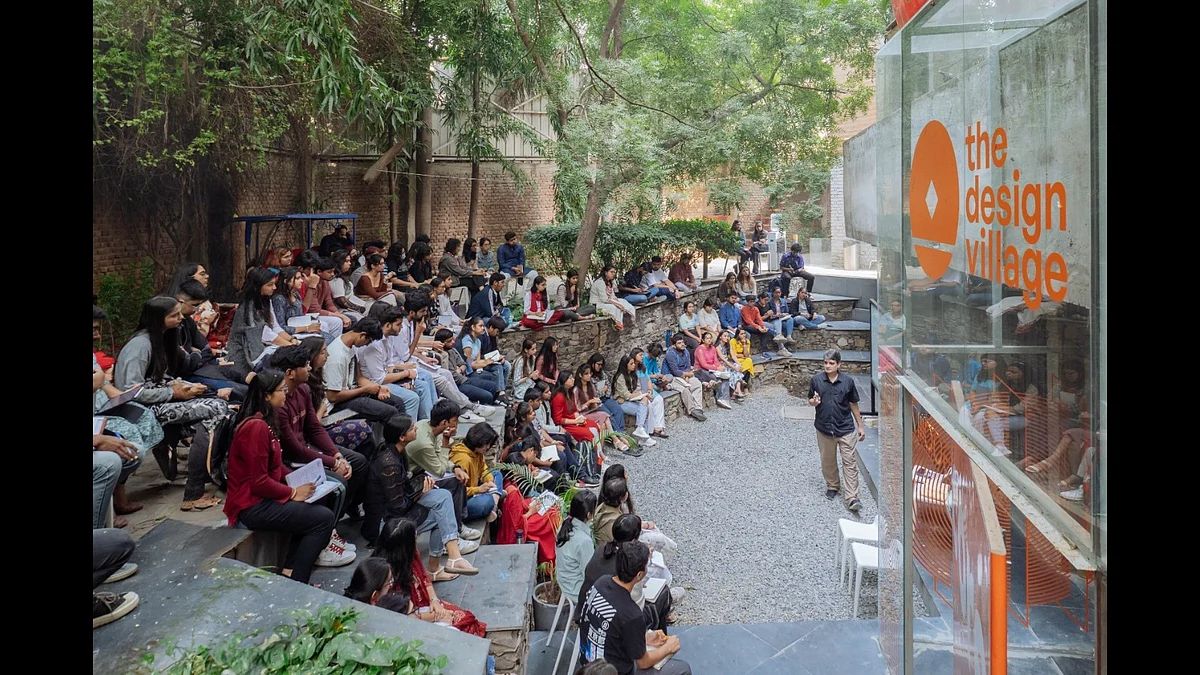The Rise of Independent Colleges in India
The article is written by Sagar Gupta, Director (Growth) at TDV

advertisement
India has witnessed a transformative shift in its higher education landscape over the last decade, with independent colleges emerging as formidable players in shaping the future of academia. These institutions, unburdened by the constraints of traditional university affiliations, are redefining educational paradigms by offering specialized, industry-aligned programmes that cater to the evolving needs of students and the job market. Among these independent colleges are the Indian School of Public Policy (ISPP) in policy education, Masters' Union (MU) in business education, and The Design Village (TDV) in design education, each carving a unique niche in Delhi's higher education ecosystem.
Indian School of Public Policy: Policy Education for a Rising India
The Indian School of Public Policy, located in the policy capital of New Delhi, addresses the growing need for professionals in the public policy domain. Founded in 2018 by the Centre for Civil Society, the institution aims to develop a new generation of policy leaders who are equipped to tackle complex societal challenges. The institution offers a rigorous policy education through its full-time and part-time programmes that combine theoretical knowledge with experiences of policy veterans including IAS officers, ministers, private sector policy executives etc. It has been successful in preparing students for careers in government, think tanks, international organizations, and non-profits. ISPP's education focusses on real-world policy issues and interactions with policymakers, providing students with a comprehensive understanding of the policy-making process.
Masters' Union: Real-world Business Education
Masters' Union, strategically located in Gurugram’s business district Cyber City, stands out as a niche business school that integrates real-world learning while staying committed to academic rigor. Established with the vision of creating business leaders, the institution offers programs designed and delivered by professionals from top-tier companies like McKinsey, Goldman Sachs, and KPMG. This approach ensures that students learn from practical experiences first, and supplement their traditional theoretical knowledge with real-world insights. Further, the Masters’ Union curriculum emphasizes real-world learning by engaging students in live projects, internships, bootcamps and mentorship programs that bridge the gap between classroom education and industry demands.
The Design Village: Impact-centric Design Education
Situated in Noida’s bustling Industrial Centre, The Design Village is redefining creative education by focusing on design for impact and transformation. It offers a one-of-a-kind horizontal programme that does not cater to specialisations, but aims to prepare generalist designers who are thoroughly trained to use design to solve any and every problem imaginable. The institution's pedagogy emphasizes hands-on learning, encourages students to work on real-world problems, and immerse in creative residencies that prepare them for the future challenges the design industry will witness. TDV's commitment to impact is evident in its curriculum that recently won the prestigious Don Norman Design Award Recognition, ensuring that graduates are equipped to create solutions that are both innovative and responsible.
Conclusion: A Paradigm Shift in Indian Higher Education
The emergence of independent colleges like Indian School of Public Policy, Masters' Union, and The Design Village signifies a paradigm shift in India's higher education system. These institutions are not merely alternatives to traditional universities; they are incubators of a progressive learning model. By offering specialized programs that align closely with what the real world needs, they are preparing students to shape the future. As the demand for higher education continues to rise, the role of independent colleges in India's educational landscape is set to become even more pivotal, fostering a generation of professionals who are not just academically proficient, but highly aligned to the realities of the profession, the society, and the world at large.
About the Author
Sagar Gupta is a higher education professional with a diverse experience working for independent higher-ed institutions in India. He currently serves as the Director of Growth at The Design Village, and a Strategic Advisor at Indian School of Public Policy.